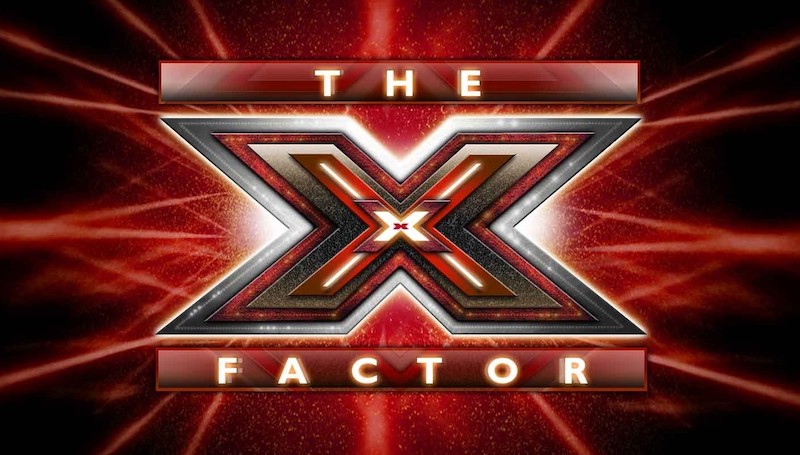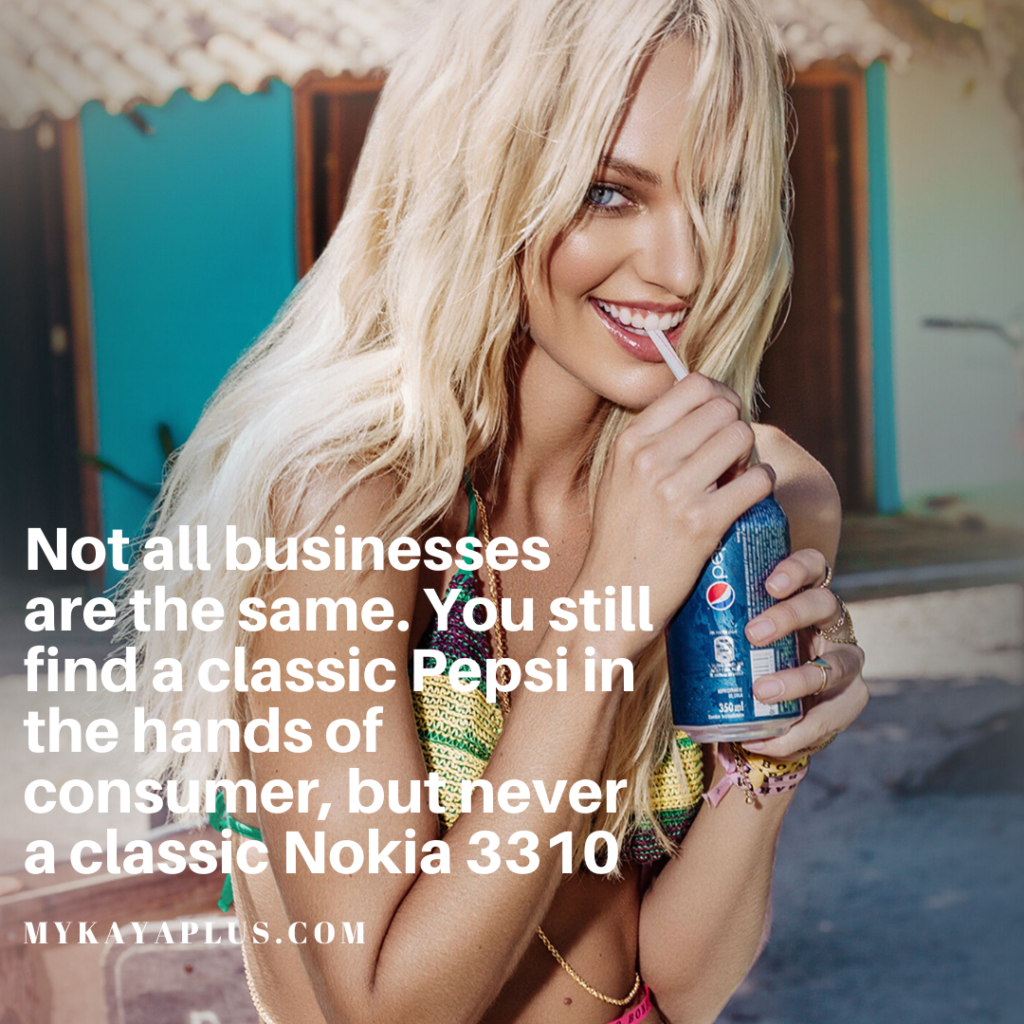The X Factor To Picking A Potential Winning Stock

Investment and stock analysis can be a long, painful and tedious process. Hours and maybe days are spent pouring through reports, researches prior to determining a potential company worthy of investing for a long term period.
So how do we filter out great potential investment-grade companies from normal companies after the stock filter generates out 50-60 companies (or 100-200 if you are on the US market) from the ratios and margin trends that we have input?
This is the ultimate manual filter that I personally use to sieve out great potential companies from normal mediocre companies. What is it? It is looking at the BUSINESS of the company.
Shocked? Am I pulling your legs? Nope. Let me elaborate on why.
Companies all share an inherent trait, no matter what industry they are in. A company’s main objective is to do business, generate income, pay off incurred expenses and debts, and ultimately generate a profit. And the profit generated could be used to further fund a company’s growth or it could be disbursed to shareholders in the form of dividends.
Why is the business industry of a company so important, that it ended up becoming my key factor to determine whether a company is worth spending my time to further studying it?
Not all business sector and industry is the same. Just like the world ain’t fair and square, some businesses just make more money than the others. Some industry will face more headwinds than others.
To give an example, let’s compare the business model of 2 companies: Nokia Oyj and PepsiCo Inc., two companies that we are very familiar with even though both are not listed in Asia.
Nokia Corporation is listed in the Finnish stock market. It is the manufacturer of Nokia mobile phones, and in its peak period in the year 2008, used to boast a global market share of 38.6%. Fast forward to the year 2019 as of today, the market share of Nokia phones have shrunk to less than 2%.
The human population has always been on the rise. Theoretically, there should be more people using Nokia phones, since that now almost everyone has a phone. What went wrong for Nokia Corporation?
The mobile phone and mobile software industry is a highly competitive landscape, where companies operating in this industry would have to innovate vigorously to ensure they are always the frontrunners in terms of phone design specifications and user experience and interface (UX & UI). Nokia Corporation was unable to hold on to their fort in the face of competition from the likes of Apple Inc., Samsung Electronics Co Ltd. and Huawei Technologies Co., Ltd. Once a stock darling, Nokia Corporation’s share price has seen an 87% drop in share price from its peak to the current price.
What about PepsiCo Inc.? PepsiCo Inc. is a food and beverage company. Most well known for being the company that manufactures Pepsi, PepsiCo Inc. actually has a comprehensive portfolio, with brands like Mountain Dew fizzy drinks, Lay’s potato chips, Gatorade, Lipton Tea, Quaker Oats, Tropicana beverages and many more.
PepsiCo Inc. was originally formed under the name Pepsi Cola company. But over the years it has grown from a pure soft drinks company, by making shrewd acquisitions to become the mammoth food and beverage company it is today. Since it’s initial public offering (IPO), PepsiCo Inc.’s share price has seen nothing but upward trajectory movement.
Until today, PepsiCo Inc. is still very active in growing its business portfolio. Also, as the mass public becomes more and more educated on the importance of a healthy and balanced diet with controlled intake of sugar and sodium, PepsiCo Inc. has upped the game by targeting to reduce sugar, sodium and saturated fats in its product offerings by 67-75% by the year 2025.
Comparing Nokia Oyj and PepsiCo Inc., both operate in a drastically different industry, where one is ever-changing and easily rendered obsolete, while the other operates in a seemingly foolproof industry. Humans will always need to eat and drink to survive, but having a phone is not a basic survival requirement.
Nevertheless, it is important for companies operating in the food and beverage business industry to keep innovating by coming up with new product flavours and offering, while also providing wholesome and nutritious products to the ever-changing taste buds. But we all know, a classic can of Pepsi can still be found on the hands of people even today, while a classic Nokia 3310, can only be found in a museum or just in the memories of those born before 2008.
Not all business are born equal. So always keep that in mind before you decide to invest long term in a company!






